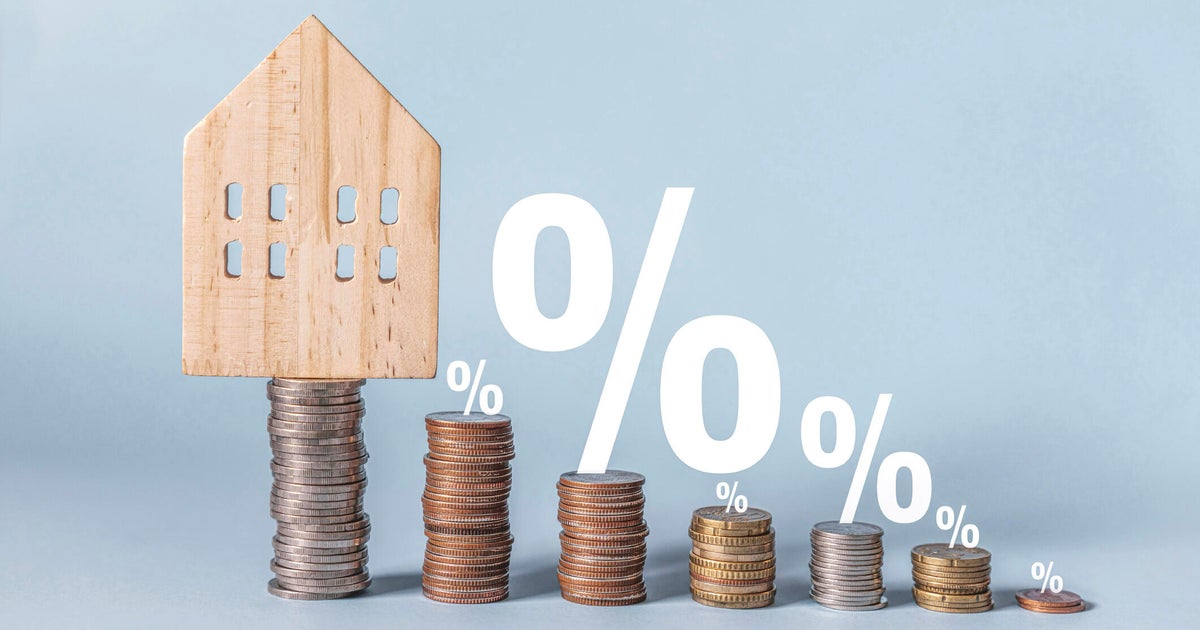3 HELOC benefits homeowners should know
With inflation still painful and money concerns for many Americans a high priority, some may be looking for new ways to make ends meet each month. This can take a variety of forms. Personal loans and credit cards are typically used as backup ways to pay bills while others may cash out an insurance policy or refinance their existing debt.
Homeowners with equity in their homes have another alternative to consider: a home equity line of credit (HELOC). This allows owners to tap into their home's existing value without having to resort to other, high-interest alternatives. HELOCs come with a variety of benefits owners should be aware of.
If you think you could benefit from taking out a HELOC then start exploring your options here now or use the table below to check your eligibility.
3 HELOC benefits homeowners should know
Homeowners considering a HELOC should understand these three major benefits.
It has lower interest rates than other credit forms
If you need extra money make sure not to overpay for that assistance. Each type of credit offered comes with its own interest rate, some of which can be exorbitant. The average interest rate for a credit card is currently around 20%. For personal loans, it's been around 11%, according to the Federal Reserve. A HELOC, at the same time, is approximately 7%.
Granted, that rate will typically be reserved for those applicants with an above-average credit score and a clean credit history. But if you have decent credit you'll likely pay a lot less by tapping into your home's equity with a line of credit than you would if you applied for a personal loan or opened a new credit card.
It may be tax-deductible
Unlike other forms of credit, a home equity line of credit can potentially be written off when it comes time to file your taxes. If you used your HELOC to pay off bills or to make big purchases, it probably won't be eligible. But, if you used it for major household repairs or renovations (as many homeowners tend to), then you may be able to include it in your annual return.
"Interest on home equity loans and lines of credit are deductible only if the borrowed funds are used to buy, build, or substantially improve the taxpayer's home that secures the loan," the IRS explains. "The loan must be secured by the taxpayer's main home or second home (qualified residence), and meet other requirements."
So, if you get a HELOC now make sure to save all appropriate paperwork for filing when it comes time to do your 2023 return. You can easily explore your local HELOC options here now or use the table below to get started.
It's flexible
Unlike some other forms of credit, in which you'll have to pay interest on the full amount taken out (even if you don't use it in its entirety), HELOCs will only charge interest on what you actually use. So, if you're approved for a HELOC for $50,000 but only use $20,000, you'll only be liable for interest on the latter amount. This flexibility could be key for borrowers looking to keep their payments as low as possible.
The bottom line
During a time of high inflation and market unpredictability, there will be many financial products and services offering appealing ways to get out of debt and make extra cash. Homeowners, however, have a unique, low-interest alternative to pursue: their homes. A home equity line of credit offers flexible terms and, if used for qualifying purposes, could be tax deductible. It also typically offers applicants with high credit scores more favorable interest rates than personal loans or credit cards.
You can quickly check your HELOC eligibility and interest rate online now.




